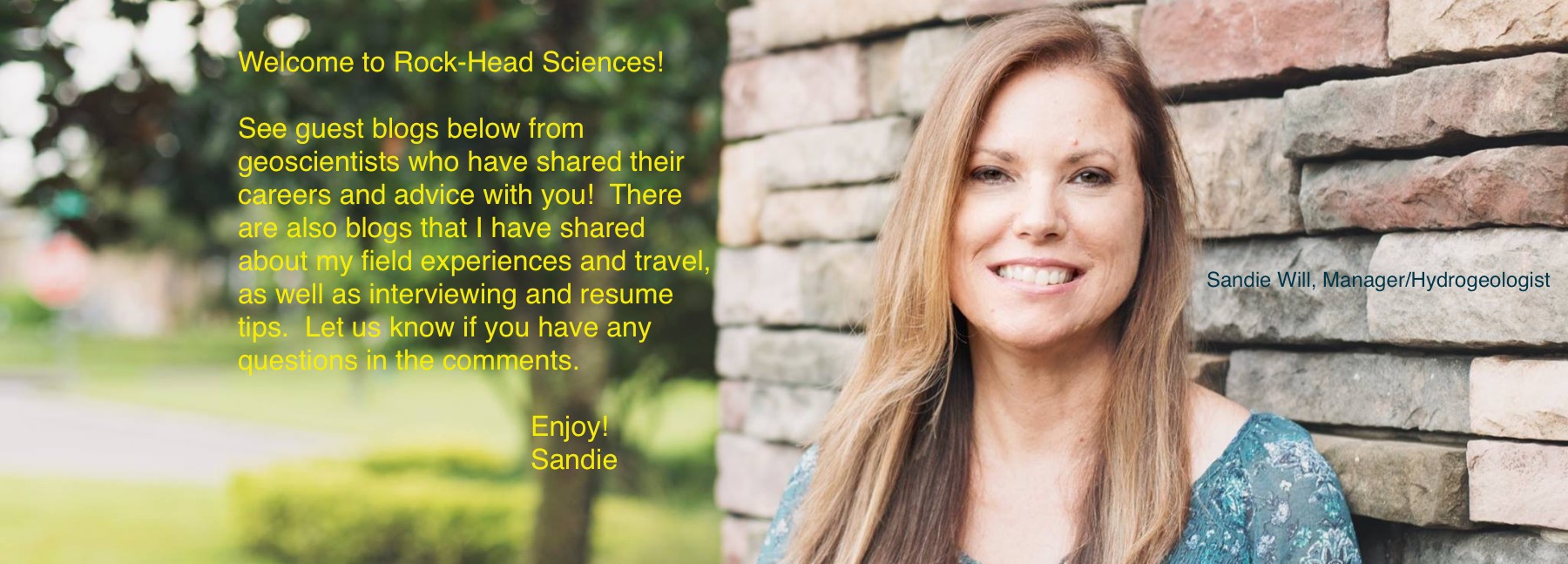NAME: Tristan DEQUAIRE
CURRENT TITLE: Ph.D Student in Astrobiology and Planetary Sciences
AREA OF EXPERTISE: Detection and photostability of organic matter on Mars; linked with Mars Science Laboratory (MSL/Curiosity) mission.
YEARS EXPERIENCE: 3 to 4 (with internship)
EDUCATION: Master’s degree in Geodynamics and Planetary Sciences, Laboratoire de Planétologie et Géodynamique (LPG), Nantes, France
WEBSITE: http://www.doyoubuzz.com/tristan-dequaire/geologue-planetologue-astrobiologiste
What’s your job like?
I am in the second year of my Ph.D at LISA (Laboratoire Interuniversiatire des Systèmes Atmosphériques/Atmospheric Systems Laboratory) at the University of Paris-Diderot in Paris, France. My research focusses on detection and photostability of organic matter on Mars. My work presents two parts. The first includes the detection of organic matter with the Curiosity Rover on Mars since August 2012. I use the ChemCam (Chemistry and Camera) testbed located at IRAP (Institut de Recherche en Astrophysique et Planétologie) in Toulouse, France in order to determine the detection limit of organics in martian representative samples synthesized in the laboratory.
The second part includes measuring the photostability of organic molecules. For that, I use the MOMIE (Martian Organic Molecules Irradiation and Evolution) laboratory experiment. It permits a temporal follow-up made by a Fourier Transform Infrared Spectrometer (FTIR) in order to estimate the degradation kinetics of target molecules (quantitative analysis) and their transformation to solid or gaseous products or to stable products (qualitative analysis). So, I use a wide variety of techniques like FTIR, ultraviolet (UV) spectroscopy, Laser Induced Breakdown Spectroscopy (LIBS), remote sensing, interferometry, etc.

Close view of the MOMIE laboratory experiment (top) and ChemCam (bottom) onboard the Curiosity Rover shooting on rocks on Mars.
What’s a typical day like?
Like a lot of my colleagues, I begin my day checking my emails (around 80 per day between French and American colleagues). Then, I spend a lot of my time in the laboratory for different reasons:
1) Preparing samples (1 day per sample for an intimate mixture between organics and mineral matrixes);
2) Analysing samples with the MOMIE set-up (when I irradiate during 1200 minutes — it’s quite long); and
3) Analysing samples with the ChemCam testbed (when I am in Toulouse).
The other part of my time is in front of my computer processing data, reading some articles, and writing abstracts for conferences. Some days, I am in various meetings such as science team meetings (a lot with the MSL team) and laboratory council meetings. I also teach in the geo/astrochemistry field at the University of Paris-Diderot.

Pierre-Yves Meslin (right) and me (left) working with the ChemCam testbed at IRAP in Toulouse to search for organic matter limit detection the ChemCam instrument. Photo credit: Cyril Szopa
What’s fun?
First of all, it’s awesome to see the surface of Mars every day. I know Mars better than my own city! Second, I can travel and discover a lot of people – the world is rich in diversity. And third, I am never bored at work, because there are various activities. Science and teaching are exciting!

Curiosity at Kimberley Science Waypoint site where the Rover drilled into a sandstone target called Windjana (613th martian day). Photo credit: NASA
What’s challenging?
Many things are frustrating like a broken experiment and gas leaks. If something does not work as expected, it’s lost time and while preparing your thesis, time is precious. But all of this is nothing compared to the good sides of the job.
What’s your advice to students?
Be motivated would be my first advice. I think it is the most important quality when entering into a scientific career. It is also necessary to like what we do! Don’t hesitate to get in touch with professionals to begin internships as soon as possible, because it looks great on your curriculum vitae (CV) and like this webpage, we have an important professional network (don’t neglect it!). And don’t forget to enjoy!
